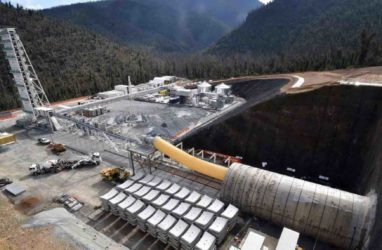The prominence of the PJM Interconnection during New York Climate Week underscores a critical intersection of energy policy and technology, as this largest U.S. electricity market grapples with the dual challenges of data center proliferation and rising electricity costs. Conversations surrounding PJM reveal a growing urgency among stakeholders, particularly in states like New Jersey, where electricity prices are becoming pivotal in political discourse. The complexities of wholesale electricity markets, often perceived as esoteric, are now central to discussions about sustainability and economic viability, highlighting the need for a more nuanced understanding of energy infrastructure as it relates to climate initiatives. This shift indicates that energy policy is not merely a technical issue but a significant political battleground that will shape future climate strategies.
Amidst the discussions on artificial intelligence's role in sustainability, a critical insight emerged: while AI has the potential to enhance energy efficiency, the real obstacles to renewable energy deployment are often human and political rather than technological. The debate highlighted the necessity of addressing these human challenges, such as land use and political will, to expedite the transition to renewable energy sources. Furthermore, the influx of Big Tech investment is reshaping electricity markets, consolidating demand among a few major players and altering traditional utility relationships. This evolving landscape suggests that the intersection of AI and energy policy will not only influence corporate strategies but also redefine the pathways toward achieving climate goals, emphasizing the importance of integrating technological advancements with robust policy frameworks.







